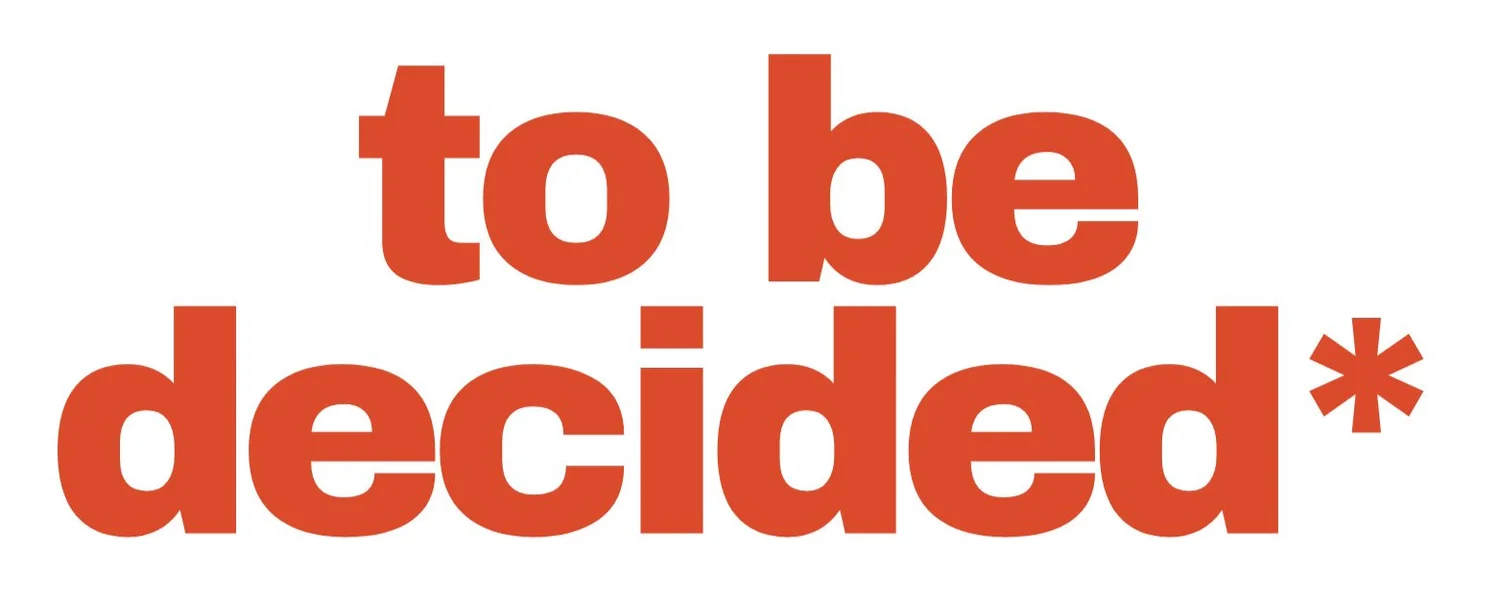Mark Grosjean, B.A. in Political Science at the University of Calgary
Dedication
With great sorrow, we would like to acknowledge the passing of one of this author. We were impressed by Mark’s initiative and enthusiasm in submitting to the journal, despite only being an undergraduate student at the time. Mark’s contribution to this year’s issue of TBD* marked the beginning of what looked to be a long and promising career. The quality of his work speaks for itself. For this, we present this issue of TBD* in his memory.
Abstract
Drawing on John Rawls’s insights, I argue that an important ambivalence emerges when liberal commitments are applied to immigration between distinct cultures and that this ambivalence strains the possibility that democratic nations can ever take a fair stance on immigration. Seemingly, Rawls’s idea of the “veil of ignorance” demonstrates that borders are always biased and this means that immigration in a democracy can only be fair if borders remain open. But, at the same time, Rawls’s understanding of an individual’s capacity to live in a free society relies on a coherent and contained culture, and this means that democracies should control immigration to maintain their cultural composition. As a solution, I argue that by considering political possibility in the way Rawls did—that is, as institutions everyone can agree to for their own reasons—a just immigration policy requires a right to asylum without requiring open borders.
